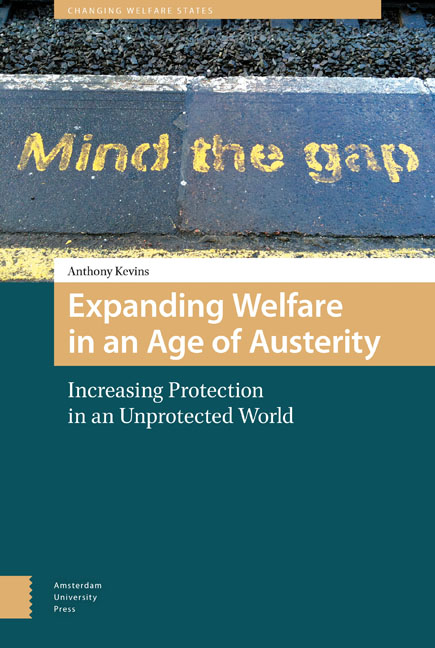Book contents
- Frontmatter
- Dedication
- Contents
- List of Tables and Figures
- Acknowledgements
- 1 Struggling with Persistent
- 2 A Tale of Two RMIs
- 3 Public Attitudes towards the Unemployed in Continental, Southern Europe, and Beyond
- 4 Southern European Characteristics in the Broader Context
- 5 Bismarck, Beveridge, and Making the Transition
- 6 Healthcare Reform and Public Opinion in Continental and Southern Europe
- 7 Examining Healthcare Coverage across the OECD
- 8 Rectifying Coverage Gaps
- Appendix: A Brief Methodological Note
- Bibliography
- Index
1 - Struggling with Persistent
Published online by Cambridge University Press: 11 December 2020
- Frontmatter
- Dedication
- Contents
- List of Tables and Figures
- Acknowledgements
- 1 Struggling with Persistent
- 2 A Tale of Two RMIs
- 3 Public Attitudes towards the Unemployed in Continental, Southern Europe, and Beyond
- 4 Southern European Characteristics in the Broader Context
- 5 Bismarck, Beveridge, and Making the Transition
- 6 Healthcare Reform and Public Opinion in Continental and Southern Europe
- 7 Examining Healthcare Coverage across the OECD
- 8 Rectifying Coverage Gaps
- Appendix: A Brief Methodological Note
- Bibliography
- Index
Summary
Since their creation, welfare states have had to distinguish between individuals who should be given access to social programmes and those who should be excluded. The metrics of exclusion that governments have employed vary widely, from citizenship to residency to occupation, with often dramatic implications for the lives of individuals. While this means that the division between welfare state insiders and outsiders is in some sense a longstanding issue, countries that opted to structure benefit access around occupational and employment status have confronted additional challenges: in recent decades, the rapid expansion of atypical employment has created a growing group of not just labour market outsiders, but welfare state outsiders as well. This situation has been made all the more difficult by an economic climate that has generally been unfriendly towards generous welfare state benefits and coverage; as a result, governments have faced a trade-off between either extending coverage and retrenching the ‘good’ benefits given to ‘insiders’ or maintaining the protection, coverage, and benefits of the relatively well-off at the expense of a growing class of excluded ‘outsiders’. In other words, they have had to choose between either providing lower-quality benefits for everyone or entrenching a ‘dualistic’ welfare state with two major, divergent sets of benefit levels.
This gives rise to a particular conundrum for the left, whose egalitarian and solidaristic ideological claims end up crashing up against the protection of the privileges of much of their core constituency (or membership, in the case of leftist trade unions). How do they balance the trade-off between coverage levels and benefit generosity, between leaving outsiders unprotected and increasing levels of welfare state dualisation? When, in the face of broader economic austerity, do governments actually extend welfare coverage, and why do they take different routes in doing so? Indeed, these questions are especially pertinent in today's Europe, given that coverage gaps persist and can contribute to a cycle of exclusion that will long outlast the current crisis.
In answering these questions, we build most directly on research examining welfare state dualisation: that is to say, insider-outsider divisions based on welfare state access rather than labour market status per se.
- Type
- Chapter
- Information
- Expanding Welfare in an Age of AusterityIncreasing Protection in an Unprotected World, pp. 13 - 36Publisher: Amsterdam University PressPrint publication year: 2017

